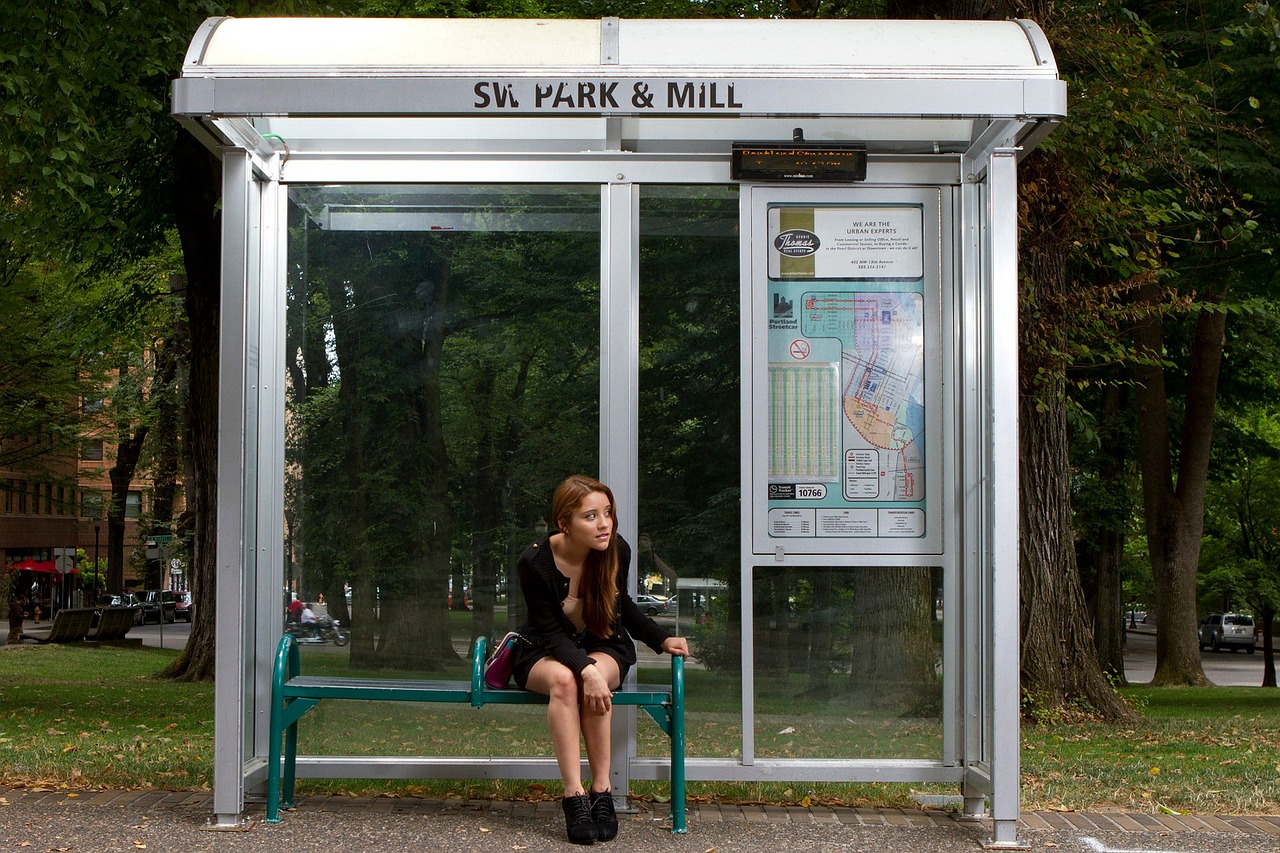Korean Expressions to Describe Weather (part 1) Posted by Flying Oyster on Sep 5, 2019 in Grammar, Korean Language, Vocabulary
When I was studying English in Australia, I was very intrigued by the cultural habit of engaging in small talk with strangers. To me, this was something both foreign and welcoming. Back then, I wasn’t shy about making mistakes in speaking English, but the practice of making small talk itself was something which pushed me out of my comfort zone. I also found out that carrying on small talk was not as easy as it looked. In my very first months, I probably ended up saying yes or no answers or guessing thousands of thoughts in my head about what the speaker just asked me without saying a word. Through repetitive practices with my patient friend, who is a mother of a child now, I finally got used to freely having small chats with strangers within 6 months.
One day, I was waiting for a bus to go back home from school. An older lady sat next to me on a bench at the bus stop. I was mentally preparing myself to make small talk with her. She started talking about the weather and the weather was one of those easy topics I thought I had already mastered. As I expected, I was able to converse with her without any big trouble. By the time when I thought I was being proud of myself, she mentioned a mysterious word and left. Her bus came before mine.
The one word I missed out of the whole conversation put me in an endless guessing game on my way back home. As soon as I got home, I grabbed a dictionary. I looked for every single word which sounded something like the word I missed. The word I didn’t understand was “sweltering”. I had never heard of the word before.
Let’s review some expressions to describe the weather in Korean, so you don’t miss any words in conversations with Koreans even after you thought you had already mastered the weather terms. Let’s look at expressions to describe summer weather first.
- 더위 (duh-wee: the heat) It is a noun. Koreans use a verb, 먹다 (muhk-dah: eat) to say an expression, 더위 먹다 (duh-wee- muhk-dah: get sick from the heat). 더위 먹은 증상 (duh-wee-muk-eun-jeung-sang: symptoms of getting sick from the heat ) present being lethargic, headache and dizziness. It is understood as heat exhaustion.
- 덥다 (dub-dah: it is hot.) It is the most common verb that you would hear when Koreans describe hot temperatures. It is used to describe the degree of hotness, which makes you sweat.
- 뜨겁다 (ttue-gup-dah: it is burning hot.) It is a verb that describe a heat which is higher than a normal body temperature. 뜨겁다 is hotter than 덥다.
- 후텁지근하다 (hoo-tub-jee-guen-hah-dah: it is sultry.) It is a verb that describes the hot temperature with humidity.
- 무덥다 (moo-dub-dah: it is sweltering.) It is a verb that describes the hot temperature with humidity, which is so extreme that it makes the air difficult to breathe. Stifling can be another word to describe it.
- 무더위에 시달리다 (moo-duh-wee-eh-si-dal-ri-dah: suffered from the extreme heat) It is an expression. 시달리다 means to be suffered from.
- 푹푹 찌는 더위 (pook-pook-jji-nun-duh-wee: steaming hot) It is a phrase. 푹푹 is an adverb describing the degrees of 찌다 (jji-dah: get steaming hot).
- 찜통 더위 (jjim-tong-duh-wee: sweltering heat) It is a phrase. 찜통 is a steamer.
- 불볕 더위 (bool-buet-duh-wee: the heat from the blazing sun) It is a phrase. You would probably can hear an expression, 불볕 더위가 기승을 부린다 (bool-buet-duh-wee-gah-gi-seung-eul-boo-rin-dah: the heat from the blazing sun is in full swing. The heat wave is unyielding. ) from TV weather forecasts.
- 타는 듯한 더위 (tah-nun-dut-han-duh-wee: scorching heat ) It is a phrase. 타다 (tah-dah: to burn) is a verb.
- 숨막히는 더위 (soom-mahk-hee-nun- duh-wee: stifling heat) It is a phrase. 숨막히다 (soom-mahk-hee-dah: be suffocated) is a verb.
- 습하다 (soub-hah-dah: it is humid.) It is a verb.
- 건조하다 (gun-joh-hah-dah : it is dry.) it is a verb.
- 뙤약볕 (ttoe-yak-buet: the scorching sun) It is a noun.
- 끈적거리는 (ggun-juk-guh-ri-nun: being sticky) it is an adjective. Summer in Korea is sticky.
- 불쾌감 (bool-kae-gahm: un unpleasant feeling) It is a noun. 불쾌 means unpleasant and 감 means feeling.
- 시원하다 (si-won-hah-dah: It is cool) It is a verb.
Let’s practice these expressions before this summer goes away. Let us continue to learn expressions to describe cooler weather in part 2.

Build vocabulary, practice pronunciation, and more with Transparent Language Online. Available anytime, anywhere, on any device.





